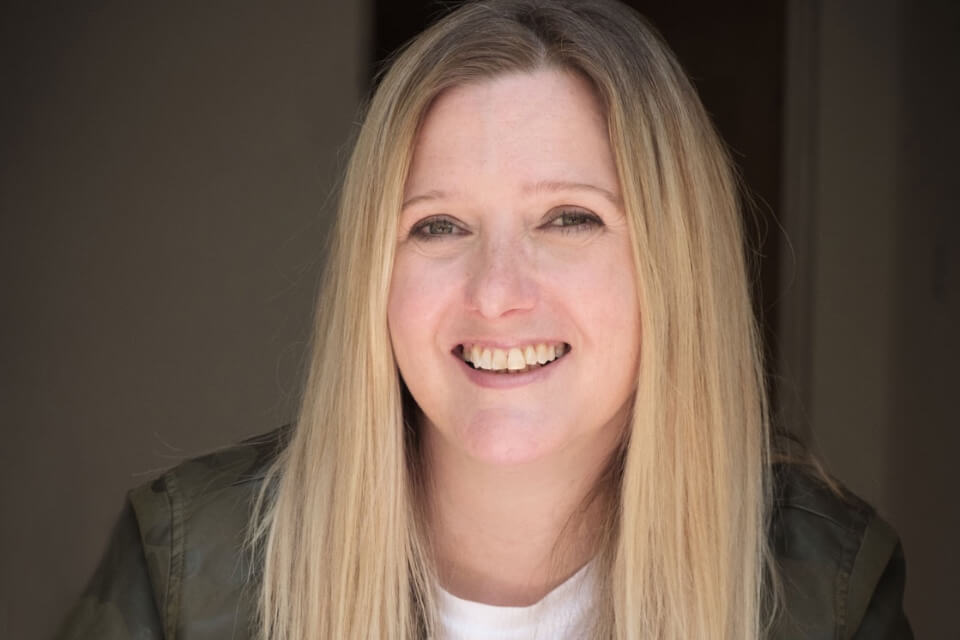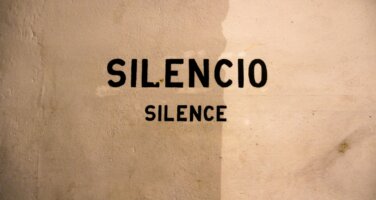By Sarah Brewster (pictured), Founder of Fresh Seed, a People & Culture consultancy to the Creative Sector
In a moment when the world is watching how leaders respond to hard questions about identity, equity, and belonging, the recent Supreme Court ruling feels like a step backwards. It is seen by many as a narrow and binary definition of gender at a time when so many are courageously living beyond it.

In a moment when the world is watching how leaders respond to hard questions about identity, equity, and belonging, the recent Supreme Court ruling feels like a step backwards. It is seen by many as a narrow and binary definition of gender at a time when so many are courageously living beyond it.
Inclusive leadership has never just been about checking boxes or issuing carefully worded statements. It’s about who we see, who we hear, and who feels safe being themselves. At its core, inclusive leadership means leading for everyone, not just for the majority or the most comfortable.
This ruling might be a legal precedent, but legal definitions don’t always reflect lived experiences. Inclusive leaders understand that identity isn’t one-size-fits-all. People’s realities are complex, fluid, and deeply personal. To force them into categories that don’t fit is to erase them.
When leadership teams only reflect what’s “safe,” familiar, or majority-approved, they send a message (intentionally or not) that difference doesn’t belong. That kind of culture isn’t just harmful; it’s bad for business. Diverse teams are smarter, more innovative, and more resilient. But diversity without inclusion is performative. It doesn’t work.
This moment is about more than bathrooms or boardrooms. It’s about belonging. If members of your team feel erased, marginalised, or tokenised, then inclusion is incomplete. And when people don’t feel safe, they can’t thrive.
For the games and creative industries, which already serve as cultural touchstones and powerful storytelling platforms, this moment provides an opportunity, and a responsibility, to lead by example. Ways in which you could do this include:
1. Embed Inclusion in Studio and Workplace Policies
- Review HR policies to ensure they explicitly protect gender-diverse employees. This includes inclusive healthcare benefits, pronoun policies, bathroom access, and name/pronoun use on systems.
- Implement training that isn’t just compliance-based, but rooted in empathy and storytelling. Scenario-based workshops from real industry experiences can be especially effective.
2. Cultivate Safe Creative Environments
- Encourage a culture where creative freedom doesn’t come at the expense of safety. Employees should feel safe to speak up about exclusionary practices or ideas without fear of retaliation.
- Code of conduct policies should be clearly defined, enforced, and reflected in leadership behaviour.
3. Lead Publicly, Not Just Internally
- Use the platform of your games, art, and public voice to stand in solidarity. Public statements are not everything, but silence sends a signal.
- Consider how your company’s voice on social issues aligns with your internal practices. Do your public actions reflect your internal commitments?
4. Redesign Systems, Not Just Individuals
- Make inclusion part of your creative pipelines, production schedules, and feedback loops, not just as part of a post-launch edit or marketing decision.
- Regularly audit systems for unintended biases, e.g., in AI character generation, voice casting, fan moderation, or performance reviews.
5. Normalise Conversations About Identity
- Make room in team check-ins or creative brainstorms for identity and inclusion to be part of the conversation, not just a DEI department’s job.
- Encourage leaders to model vulnerability and learning, especially around topics they don’t fully understand yet.
Now is not the time for silence or neutrality disguised as professionalism. Now is the time for leadership rooted in empathy, courage, and action. Not to “take a side,” but to create a space where everyone feels safe, seen, and supported.
So ask yourself: Are you creating a culture where people can show up as their full selves? Do your organisation’s policies match your values? And are you leading with empathy, or just managing optics?
True leadership goes beyond PR-safe diversity statements. It requires equity in systems, empathy in relationships, and policies that back up both.
We don’t all have the same lived experience, but we all have a role in building spaces where every person feels they belong.
About Sarah and Fresh Seed
Sarah Brewster is founder of Fresh Seed a People & Culture consultancy to the Creative Sector with a wide reaching roster of clients across the sector from Games, to TV and the Arts and much more. As an Organisation Psychologist Sarah recognised a gap between small businesses and culture. The hustle hard, grow fast ethos of the industry has often overlooked the talent within and so Sarah founded Fresh Seed to give the people at the heart of it the best support possible.
At Fresh Seed, we specialise in transforming workplaces into thriving, people-first environments. We go beyond traditional HR, offering down-to-earth, honest advice on all aspects of People & Culture. Our approach is holistic, rooted in positive psychology, strengths-based strategies and best practice. This helps to ensure your employees feel connected to your vision, love their work, and perform at their best. After all, the success of your business starts with your people. We act as your virtual People & Culture team, providing a seamless, strategic plug-in service that feels like an in-house HR Manager, without the overhead. Whether you need senior-level guidance, practical day-to-day support, or a trusted partner to navigate complex people challenges, we’ve got your back. No judgment, no corporate jargon, just expert advice that empowers you to build an engaged, happy, and high-performing team.
Find out more at www.freshseed.co.uk.



